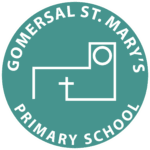New website coming soon
We are working hard to build a new website for our school community.
For news updates, please visit our Facebook page.
Call us: 01274 874 550

We are working hard to build a new website for our school community.
For news updates, please visit our Facebook page.
Call us: 01274 874 550
